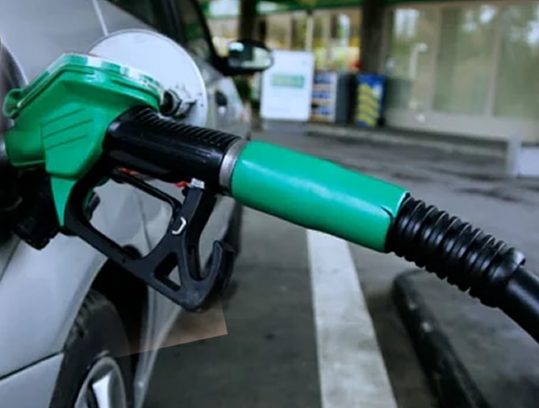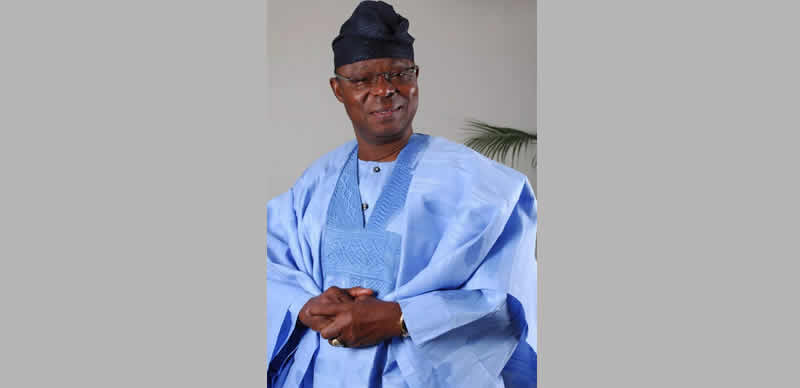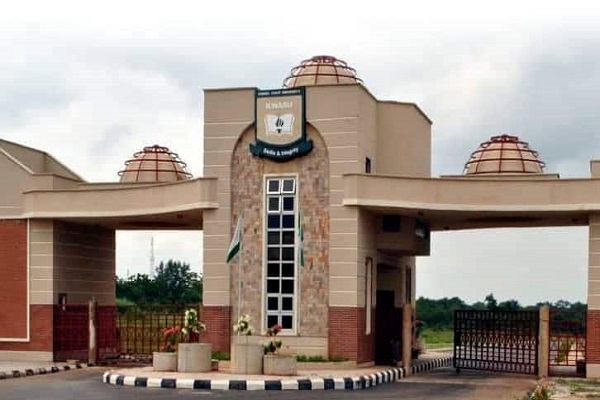A fierce petrol price war is unfolding as fuel importers slash prices below those offered by the Dangote Petroleum Refinery, challenging Africa’s largest refinery and igniting a new phase of market competition.
While Alhaji Aliko Dangote, President of the Dangote Group, is calling on the Federal Government to ban fuel importation to protect local refining, importers are doing the opposite—dropping prices aggressively to stay afloat.
Findings revealed that several filling stations in Lagos and Ogun States now sell petrol below ₦860 per litre, undercutting Dangote refinery’s partners like MRS and Heyden, who are selling at ₦865–₦875 per litre. One station in Ogun, SGR, slashed its price to ₦847.
As of Tuesday, Dangote refinery's ex-depot price stood at ₦820 per litre, while some importers like Aiteo and Menj were offering petrol at ₦815, according to data from Petroleumprice.ng.
Marketers say importers are fighting to remain relevant, even at the cost of profit. Many reportedly began slashing prices after Dangote’s refinery started rolling out competitive rates earlier this year.
Chinedu Ukadike, the National Publicity Secretary of the Independent Petroleum Marketers Association of Nigeria (IPMAN), confirmed the ongoing downward review of depot prices.
“Depot owners are dropping prices—some are selling at ₦815, ₦817. Dangote is at ₦820, while NNPC has not changed from ₦825,” Ukadike said.
He praised the current trend as a win for market liberalisation and advised President Bola Tinubu against banning fuel imports.
“This is exactly what liberalisation is meant to achieve. Competition drives prices down, protects consumers, and ensures better service,” he added.
But Dangote sees things differently.
He claims importers are engaging in “unfair competition” by dumping cheap, often toxic fuel into Nigeria—some of it allegedly subsidised Russian products that would not meet European standards. This, he says, is undermining local production and discouraging long-term investments.
“Some of this fuel wouldn’t be allowed in Europe or North America,” Dangote warned at a recent industry event. “Due to dumping, fuel is selling at prices even lower than in Saudi Arabia, which produces and refines its own oil.”
He urged the government to extend its “Nigeria First” policy to the petroleum sector and emulate countries like the U.S., Canada, and the EU by shielding local refiners from external shocks.
Dangote is pushing for a ban on the importation of products that are already being produced locally, including petrol and diesel. He says without such protection, indigenous refiners cannot survive.
However, marketers disagree, stressing that a healthy market thrives on competition—not protectionism.
With importers slashing prices and refiners defending turf, the battle over Nigeria’s fuel market is far from over. And for consumers already burdened by high fuel prices, this price war might offer some much-needed relief—at least for now.




